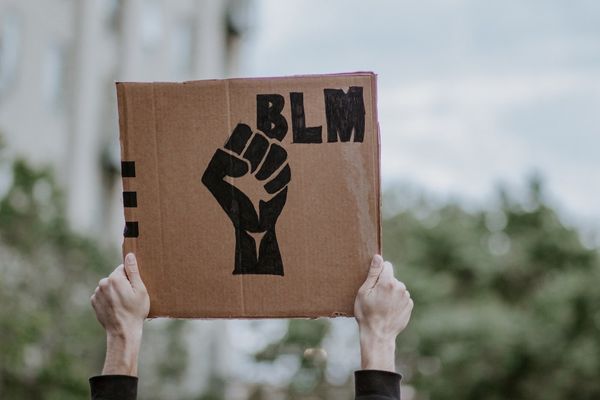Table of contents
This week we talk about the Black Lives Matter movement, social justice, and how our towards these issues have changed over the past few years. Please interpret charitably.
Some of the key highlights of our discussion
The excuse of perfectionism often stops people from speaking out. The fear of doing or saying something wrong is often used as an excuse not to do anything at all – the concern about being lambasted for doing it wrong seems to be genuine fear of people looking to support things like this. However, even though it feels scary to talk candidly about these issues, this should not stop people from speaking out. Most people are fairly charitable about intentions and it’s a minority who might seek to cancel other people for their statements.
Two aspects of education are important – educating ourselves about the current situation and, secondly, the historical pathways that led to this situation. Reading books such as Me and White Supremacy help to build up an empathy and understanding about the current system but it’s equally important to educate ourselves about the historical path that led to this point. This is especially pertinent in the UK where the history curriculum focuses more on castles and 1066 than British colonial history.
It’s difficult to know how to respond to the other side of the argument and untangle the debate when one’s understanding is not fully formed on all the nuances and complexities of the issues being debated. Ali talks about his fear that, despite his left-leaning views, if he was to acknowledge any sort of nuance to the debate, he would be criticised as being a ‘paragon for the alt-right’ which makes it difficult to know what to say.
“To deny the lived experience of someone else having an experience that you can’t possibly have lived through just seems absolutely absurd”.
The framing of ‘you cannot be racist to white people’ enflames discussions around the issue of racial inequality. This debate arises because the conventional working definition of racism is when you discriminate against another person because of the colour of their skin – hence people argue that this means you could be racist towards white people. However, the counter to this claim is that to be racist there also has to be some form of power structure involved. To resolve this, Taimur argues that it doesn’t make sense to have one word – racism – for such a wide array of issues ranging from surface level discrimination to systemic injustices.
“It’s helpful to frame things in the right way to accomplish the goal of communication”.
The tone with which you say something does matter even though tone policing is detrimental. Ali argues that if the information can be presented in an analytical, dispassionate, neutral way, this would engage more people and provide value.
Given that the ultimate objective is to change people’s minds, it’s helpful to see what the other side are arguing and systematically work through and dismantle the points. It’s important to work out what the salient points of critique are to engage others in that debate. Whenever you read a well defended piece of analysis, it addresses the points and reasons of the other side rather than simply focussing on one side of the debate.
However, simply focussing on critiques could result in you getting caught up in minutiae rather than the core belief system of each side. If you imagine a tree, a lot of the critiques are like branches of that tree whereas if you can really seek to understand the trunk of the tree, it address far more. Whereas you could spend your whole life trying to tackle the leaves and not really understanding the core of the belief system.
The sense of righteousness creates the deadlock but, paradoxically, also keeps the arguments returning. This can be argued for any debate that is focussed around identity where both sides get some satisfaction about their own righteousness and the feeling of holding the moral ground in these debates. It’s helpful to try and notice when you feel a sense of righteousness – being able to tell when that’s happening with you is a good first step into thinking what your own frame of mind is and what is the primary purpose of your engagement.
Links:
1. Me and White Supremacy (book)
2. Why I'm No Longer Talking to White People About Race (book)
3. 5 Lessons I've Learned About Racism (YouTube video)
4. A Conflict of Visions: Ideological Origins of Political Struggles (book)
Sponsored by Brilliant
This episode is kindly supported by Brilliant, the best way to learn maths, science, and computer science online. Brilliant focuses on helping you learn how to think, rather than just memorising methods and facts. Sign up at https://brilliant.org/notoverthinking — the first 100 people get 20% off an annual subscription.
Leave us a Review
If you enjoy listening to the podcast, we'd love for you to leave us a review on iTunes / Apple Podcasts. Here's a link that works even if you're not on an iPhone :)
Send us an Audio Message
We really want to include more listener comments and questions in our episodes. If you've got any thoughts on this episode, or if you've got a conundrum or question you'd like us to discuss, send an audio file / voice note to hi@notoverthinking.com.
For any non-audio comments, drop us a tweet or DM on Twitter - https://twitter.com/noverthinking
